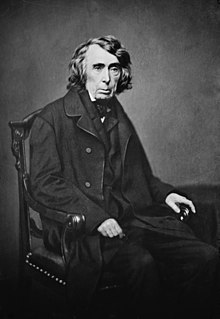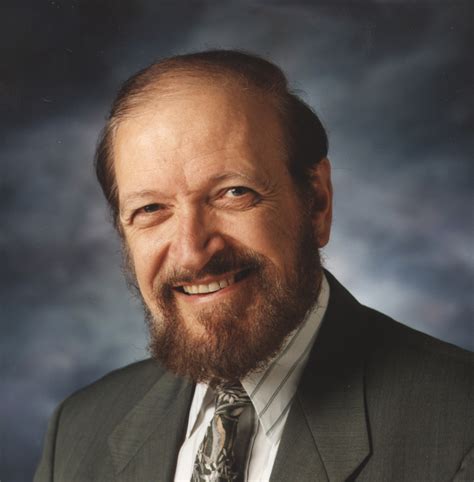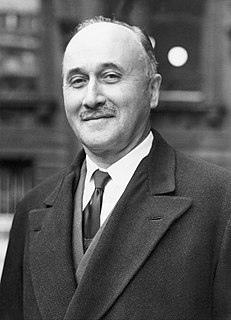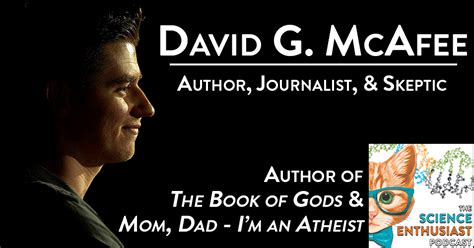A Quote by Roger B. Taney
It is an established principle of jurisprudence in all civilized nations that the sovereign cannot be sued in its own courts, or in any other, without its consent and permission; but it may, if it thinks proper, waive this privilege, and permit itself to be made a defendant in a suit by individuals, or by another State.
Related Quotes
Is it not enough that we cannot make one another happy, must we also rob one another of the pleasures that any heart may permit itself now and then? And name me a person who in a bad mood will be decent enough to hide it, to bear it alone, without destroying the joy around him. Is it not rather an inner dissatisfaction with our own unworthiness, a dislike of ourselves that is always associated with envy aggravated by foolish conceit? We see people happy and not made happy by us, and that is unbearable.
Law itself is either suspended, or regarded as an instrument that the state may use in the service of constraining and monitoring a given population; the state is not subject to the rule of law, but law can be suspended or deployed tactically and partially to suit the requirements of a state that seeks more and more to allocate sovereign power to its executive and administrative powers. The law is suspended in the name of "sovereignty" of the nation, where "sovereignty" denotes the task of any state to preserve and protect its own territoriality.
Our constitutions purport to be established by 'the people,' and, in theory, 'all the people' consent to such government as the constitutions authorize. But this consent of 'the people' exists only in theory. It has no existence in fact. Government is in reality established by the few; and these few assume the consent of all the rest, without any such consent being actually given.
Secession belongs to a different class of remedies. It is to be justified upon the basis that the States are Sovereign. There was a time when none denied it. I hope the time may come again, when a better comprehension of the theory of our Government, and the inalienable rights of the people of the States, will prevent any one from denying that each State is a Sovereign, and thus may reclaim the grants which it has made to any agent whomsoever.
What puppets we humans are - what puppets! Born without permission, dying when it is neither pleasant nor convenient, we are made to march or crawl through life on the edge of a precipice from which at any moment we may be knocked over. And we're told we should believe the experience is a privilege!
How can you have the religion of the sovereign be the religion of the state if the sovereign belongs to many religions? And it's at that point, I think, historically, that you start to see people saying maybe the state should not associate itself with any religion. Maybe there shouldn't be any official religion.
Have I said clearly enough that the Community we created is not an end in itself? It is a process of change, continuing in that same process which in an earlier period produced our national forms of life. The sovereign nations of the past can no longer solve the problems of the present: they cannot ensure their own progress or control their own future. And the Community itself is only a stage on the way of the organized world of tomorrow.
Without cultural indoctrination, all of us would be atheists. Or, more specifically, while many may dream up their own gods as did our ancestors, they would certainly not be ‘Christian’ or ‘Jewish’ or ‘Muslim’ or any other established religion. That’s because, without the texts and churches and familial instruction, there are no independent evidences that any specific religion is true. Outside of the Bible, how would one hear of Jesus? The same goes for every established religion.
We may live without poetry, music and art; We may live without conscience, and live without heart; We may live without friends; we may live without books; But civilized man cannot live without cooks. . . . He may live without books,-what is knowledge but grieving? He may live without hope,-what is hope but deceiving? He may live without love,-what is passion but pining? But where is the man that can live without dining?
































